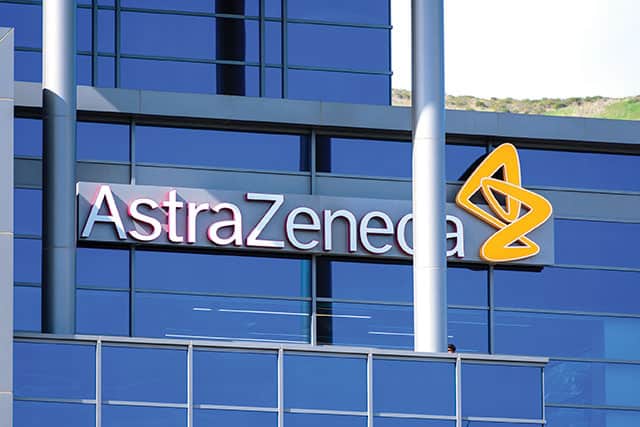
High-level results from the phase 3 TOPAZ-1 trial showed that AstraZeneca (AZ)’s PD-L1-blocking monoclonal antibody Imfinzi (durvalumab) plus chemotherapy demonstrated a clinically meaningful survival benefit over chemotherapy alone as a first-line treatment for advanced biliary tract cancer (BTC).
More than 200,000 people each year are diagnosed with BTC, a group of rare and aggressive cancers in the bile ducts and gallbladder. The prognosis is generally poor, with only 5-15% of patients surviving five years.
“Patients with advanced biliary tract cancer are in dire need of new treatments,” said Professor Do-Youn Oh from Seoul National University College of Medicine and principal investigator on the trial. “TOPAZ-1 is the first phase 3 trial to show that adding an immunotherapy to standard chemotherapy delivers a meaningful overall survival benefit for patients in this setting. Today’s exciting results are a major step forward in treating this disease and represent new hope for our patients.”
The trial was unblinded early due to “clear evidence of efficacy”, said Susan Galbraith head of oncology R&D at AstraZeneca. “We have now delivered two positive gastrointestinal cancer trials in a row for Imfinzi, following the HIMALAYA trial in liver cancer.
“We believe the significant survival benefit demonstrated marks a new era of immunotherapy treatment in this devastating disease, and it advances our commitment to improving long-term survival for patients across these cancers where treatment options are limited,” she added.
TOPAZ-1 involved 685 patients with unresectable advanced or metastatic BTC in more than 145 centres across 17 countries. The high-level results also show an improvement in progression-free survival and overall response rate, both key secondary endpoints in the trial.
Earlier this month, AZ released new data from the ongoing HIMALAYA phase 3 trial studying the most common form of liver cancer, hepatocellular carcinoma (HCC). The trial – which involved a ‘priming’ dose of AZ’s experimental human monoclonal antibody, tremelimumab – demonstrated a statistically significant and clinically meaningful overall survival benefit versus sorafenib.
Imfinzi has been used to treat patients with non-small cell lung cancer since 2017, and is also indicated for use in advanced bladder cancer in several countries.




